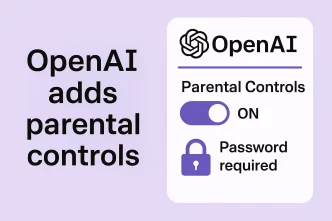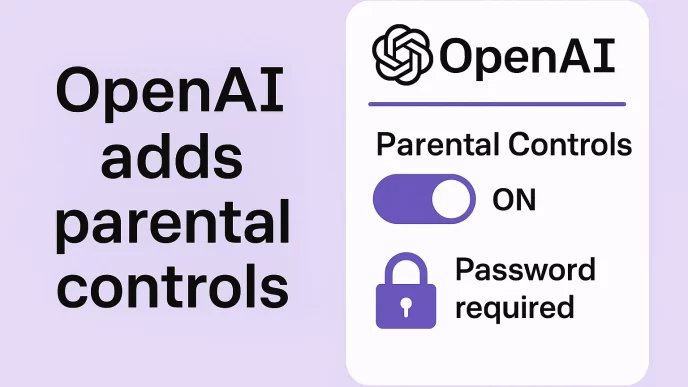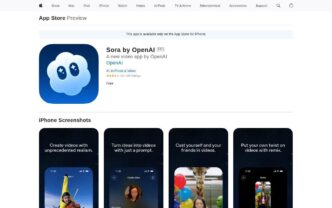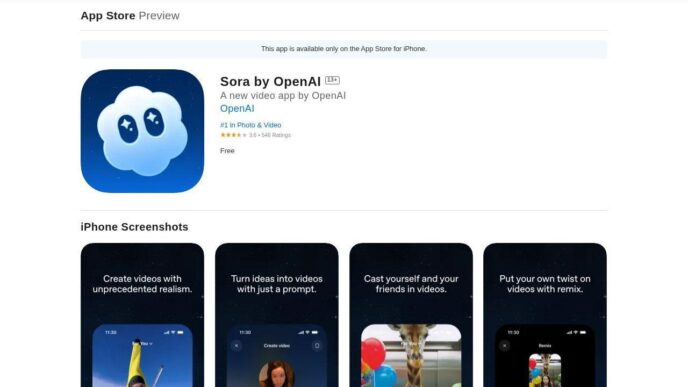New Zealand founders build cross-browser AI agent to free professionals from tedious web tasks
In an era where AI browser automation tools are proliferating with promises to revolutionize how we work online, a New Zealand-founded startup is taking a different approach. Rather than asking users to abandon their familiar browsers, Composite.com is building AI agents that work wherever you already are—whether that’s Chrome, Firefox, Safari, or Edge.
Founded earlier this year by Kiwi entrepreneurs Yang Fan Yun and Charlie Deane, Composite has just announced $5.6 million USD (approximately $10 million NZD) in seed funding led by NFDG, the venture firm run by Nat Friedman and Daniel Gross. The round also saw participation from Menlo Ventures and Anthropic’s Anthology Fund, marking a significant win for New Zealand’s growing tech ecosystem and signaling strong investor confidence in the company’s browser-agnostic approach to AI automation.

Meet the Founders: Yang Fan Yun and Charlie Deane
Yang Fan Yun: From Auckland to Silicon Valley
Yang Fan Yun brings an impressive pedigree to Composite. A proud product of New Zealand’s education system, Yun attended Macleans College in Auckland from 2014 to 2018, where he earned the Prime Minister’s Award for ranking first in the country in Economics—described by then-Prime Minister Jacinda Ardern as “the highest accolade a student could aim for at secondary school.”
His academic excellence continued at Stanford University, where he pursued both a Bachelor’s degree in Computer Science and a Master’s in Management Science and Engineering. In 2023, Yun received the prestigious Frederick Emmons Terman Engineering Scholastic Award, given to the top 30 students in Stanford’s School of Engineering graduating class. The award is named after Dr. Frederick Terman, widely credited as the “Father of Silicon Valley.”
After graduating from Stanford in June 2023, Yun joined Uber as an Associate Product Manager in San Francisco. It was during his time at Uber that he identified the problem Composite now aims to solve, witnessing firsthand how professionals across various roles spent countless hours on repetitive browser-based tasks.
Charlie Deane: Serial Entrepreneur with Technical Depth
Charlie Deane brings entrepreneurial and technical expertise to the partnership. Before co-founding Composite, Deane founded a company specializing in server proxies, giving him deep understanding of web infrastructure and automation technologies. His background in building tools that operate behind the scenes of the internet has proven invaluable in developing Composite’s cross-browser agent technology.
Deane’s experience in the proxy server space provided unique insights into how browsers interact with web services—knowledge that directly informs Composite’s ability to work seamlessly across different browsers without requiring complex integrations or API connectors.
The Problem: Browser-Based Busy Work
The New Zealand-founded company’s inspiration came from Yun’s observations during his time as a product manager at Uber, where he witnessed firsthand how much time professionals waste on repetitive browser tasks.
“I saw people in different roles, including marketing, sales, recruitment, and security engineers, do a lot of tedious work in their browsers,” Yun explained. “I felt that this stops them from putting their education and skill to full use, and I wanted to automate this work easily for them.”
This insight resonated with Deane, whose experience building proxy server infrastructure had given him a deep understanding of how automation could transform browser-based workflows. Together, they recognized an opportunity to build something that could free professionals from mind-numbing tasks while working with the tools they already use.
It’s a problem that transcends industries. Recruiters spend hours copying candidate information across platforms and drafting personalized emails. Security engineers manually create vulnerability tickets from alerts. Marketers pull data from multiple sources to compile reports. These tasks are necessary but mind-numbing—exactly the kind of work AI should handle.
A Different Take on AI Browsers
While companies like Perplexity, Opera, and The Browser Company have launched AI-native browsers designed to help with daily tasks, Composite distinguishes itself by working across existing browsers. This isn’t just a technical distinction—it’s a philosophical one that addresses a key pain point in the growing AI workflow automation landscape.
The setup is remarkably simple: install the browser extension, and Composite’s agents can immediately start working within that browser. Because the agents operate in browsers where users are already logged into their services, there’s no need for complex connectors or API integrations.
“We are an ideal tool for professionals who want to set their workflows without having technical knowledge,” Yun noted. “Composite is very good at atomic actions like clicking on different elements of the website or typing in boxes, and that gets the job done for our users.”
Real-World Applications
Composite is now available in public beta for both Windows and Mac users, offering practical automation for a variety of professional workflows:
For Development Teams: The tool can review Jira backlogs for bugs using relevant documentation, leave comments on high-priority issues, and mark duplicate bugs as resolved—all without manual intervention.
For Recruiters: Composite can search for candidates across multiple platforms and draft personalized outreach emails, significantly reducing the time spent on sourcing and initial contact.
For Security Engineers: The AI can automatically create vulnerability tickets based on security alerts, ensuring nothing falls through the cracks while freeing up time for more strategic work.
For Marketers: Composite pulls reports from various sources and creates concise insights reports, eliminating hours of manual data gathering and analysis.
The tool already suggests tasks based on user patterns, and the company plans to develop more sophisticated mechanisms for automatically surfacing tasks that Composite can handle autonomously. Scheduled and recurring tasks are also on the roadmap.
Built for Professional Use
Yun emphasizes that while other AI browsers and agents focus on consumer needs like shopping and booking tickets, Composite is purpose-built for professional environments. The company has incorporated several features specifically designed for enterprise and security-conscious users:
- No browser switching required – works with your existing setup
- Admin controls – allows organizations to restrict access to certain tools
- Local execution – tasks run on the user’s machine for better security
- Website restrictions – users can define which sites are off-limits
This enterprise-friendly approach could give Composite an advantage in a crowded market where security and compliance are increasingly important considerations.
Standing Out in a Crowded Field
The AI agent space is becoming increasingly competitive. OpenAI has launched general-purpose agents that use their own browser infrastructure. Notion is building agents that leverage in-app context combined with external connectors. General Catalyst-backed Highlight wants to use entire desktops as context. Numerous startups are focusing on narrower contexts, like spreadsheet automation.
Despite this competition, Matt Kraning, a partner at Menlo Ventures, believes Composite has what it takes to differentiate itself.
“Composite handles different modalities and sites very well, and it is designed with professional use cases in mind,” Kraning said. “The tool is well-suited for people who might have to go through a lot of tasks in a day across a range of functions.”
The Road Ahead
While investor enthusiasm for AI agents remains strong—as evidenced by Composite’s successful fundraise—the technology is still in its early stages. Questions remain about the long-term efficiency and reliability of AI agents, and startups in this space will need to prove their value as the novelty wears off.
For the Kiwi-founded Composite, the immediate focus is on refining task detection and scheduling capabilities while continuing to support professionals across industries. With backing from respected investors and a clear focus on solving real workplace problems, the startup is well-positioned to help define what the future of browser-based work looks like—and to put New Zealand on the map as a hub for innovative AI solutions.
The public beta is now available at composite.com for Windows and Mac users interested in reclaiming time lost to repetitive browser tasks.
Composite’s $5.6 million seed round was led by NFDG, with participation from Menlo Ventures and Anthropic’s Anthology Fund.










